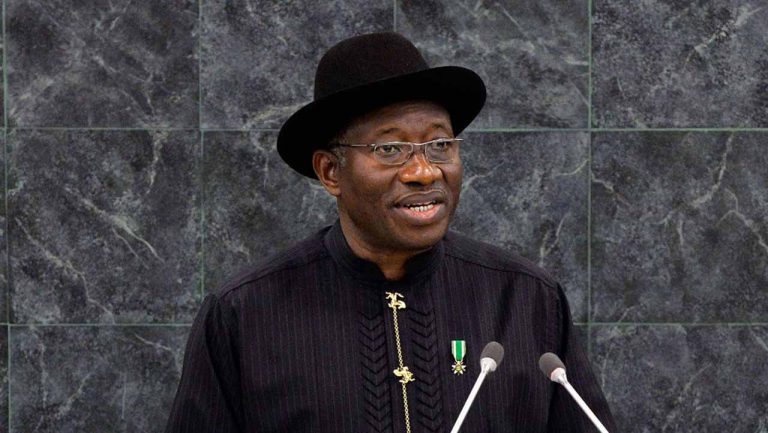In the first leg of the assignment, a seven-member ad-hoc committee was given the mandate to “still and classify the projects sector-by-sector” and submit a report to the Senate within one month.
The report of the panel, according to the President of the Senate, Sen Godswill Akpabio, is to give a breakdown of all the project classifications to enable the respective standing committees of the Red Chamber to commence a full investigation.
Among the key projects mentioned by the Senate were the “National Library, Lagos Badagry Express Road, Calabar Power Plant, Zungeru Dam, Mambilla site, Otukpo Dam, Nigeria Satellite, Nitel, Calabar Sea Port, and Abuja Mass Housing Project.”
The resolution followed a motion moved by the senator representing Ondo-South, Sen. Jimoh Ibrahim, who informed the Senate that the administration of former President Goodluck Jonathan had earlier produced a report on the abandoned projects in 2011.
In his lead debate, Ibrahim recalled that a presidential committee, which Jonathan set up, had visited the 36 states before it produced the report.
He also noted that “about 63% of the entire projects since independence were abandoned. Even when a project is successfully delivered, it usually comes with an overrun of about 40% while most delivered projects record 10% underperformance.”
ALSO READ: Tinubu has achieved great feat in security – Defence Minister
The senator added, “Tthe 63% of projects abandoned in Nigeria is worse than any country under comparison. The abandonment of the project is of significant concern because of project costs which constitute a significant part of the GDP.
“While spending on a public project in the UK is now about one trillion British pounds, Nigeria has no idea of the total amount spent on public projects either successful or unsuccessful since independence.”
He said losses to Nigeria from abandoned projects were huge, citing a 2018-2022 study on 38 projects in Nigeria at the University of Cambridge, which cost the country over $40billion.
According to the motion, in the case of the Ajaokuta Steel Complex alone, over $10bn was sunk by the government “without any steel production.”
The senator stated further, “What is now key to this investigation is the need to look inward at our infrastructural development as Foreign Direct Investment declined from $8.8bn in 2011 to $3.3bn in 2019, and the current account balances in that year from $10.6bn to 5-17bn, while the population was growing around 5% about 86% of the citizen, were living under $2 between 2011 and 2019. Public debt increased from 17% of the GDP in 2011 to 29% in 2019.”
He said the abandoned projects, were a “calamity that reduces our pride as a ‘Giant of Africa’, if we are still one, and every stakeholder should be concerned with giving support for a legitimate solution while the government has the responsibility to act.”
Senators at Thursday’s plenary commended the detailed research Ibrahim put into the motion, which they passed unanimously.
Seven-member panel is to turn in a report within one month.
NIGERIAN TRIBUNE
